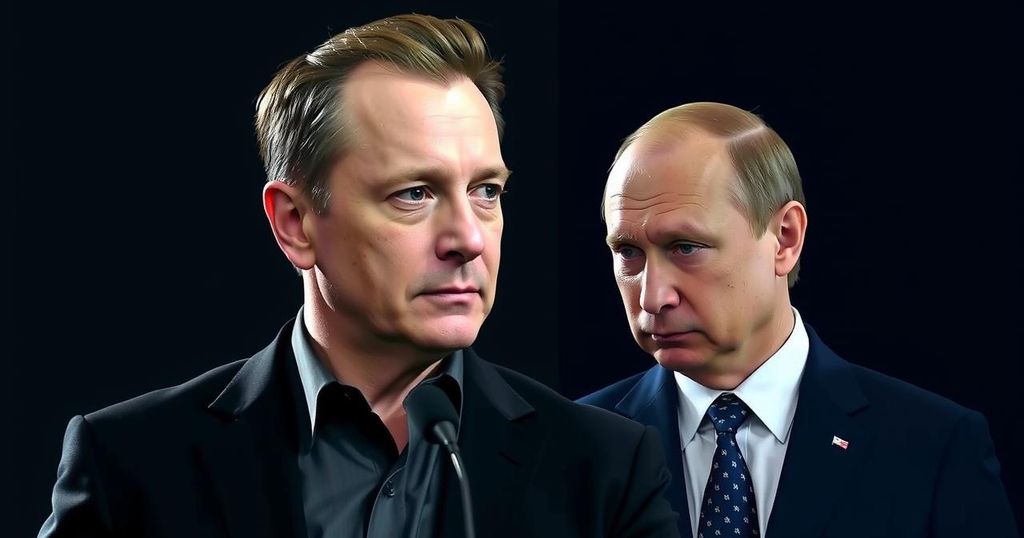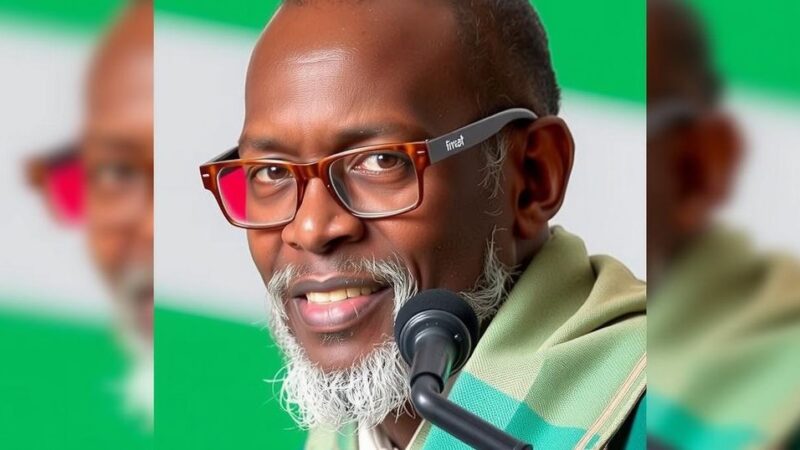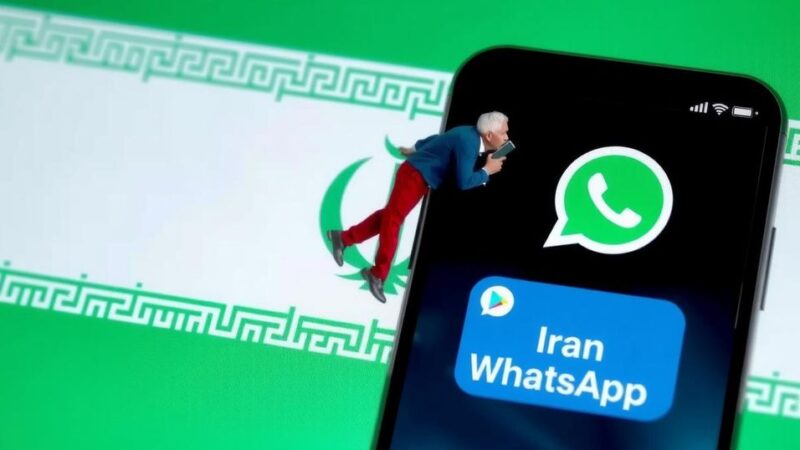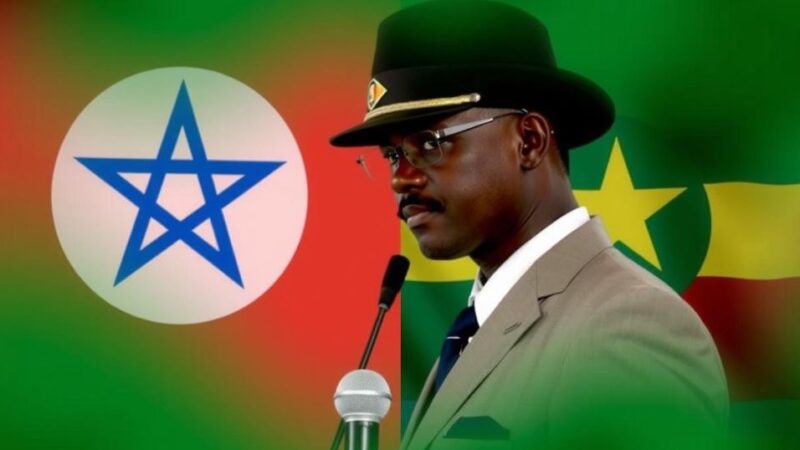Elon Musk has allegedly maintained contact with Vladimir Putin since late 2022, raising concerns about potential influences on U.S. national security and the presidential election. Allegations include discussions on not activating Starlink satellites over Taiwan and accusations of selling terminals to Russia, which Musk denies. Such ties could greatly impact Musk’s business dealings with the government, particularly if Donald Trump wins a second term.
A recent report by The Wall Street Journal has revealed that Elon Musk, the CEO of Tesla and SpaceX, has allegedly maintained ongoing communication with Russian President Vladimir Putin since late 2022. This revelation has raised concerns regarding potential influences on the U.S. presidential election and national security. The report indicates that discussions between Musk and Putin have covered a variety of subjects, from personal matters to significant geopolitical issues. Notably, it is claimed that Putin requested Musk not to activate Starlink satellites over Taiwan, as a favor to Chinese President Xi Jinping. As the CEO of companies with substantial contracts with the U.S. military and government agencies, Musk’s ongoing discussions with a leader such as Putin could lead to serious national security implications. Musk has publicly supported former President Donald Trump, who has also faced scrutiny regarding alleged ties to the Kremlin. Furthermore, Musk, who is regarded as one of the wealthiest individuals globally, has faced accusations of selling Starlink terminals to the Russian government amid the Russia-Ukraine conflict, which he has categorically denied. Musk has previously downplayed the extent of his interactions with Putin, claiming in October 2022 that he spoke to him only once about space, which contradicts recent claims of more frequent communications. Given these circumstances, analysts suggest that should Trump win another term, Musk may have a significant influence on federal contracts, raising further alarms regarding the implications of these ties with Russia amid a volatile geopolitical landscape.
The intertwining of business, politics, and international relations has become especially pronounced in recent years, particularly with influential figures like Elon Musk. As the CEO of companies with deep ties to both the U.S. government and the military, Musk’s interactions with foreign leaders, particularly Vladimir Putin, could have ramifications that extend beyond corporate interests to national security and foreign policy. With the ongoing Russian invasion of Ukraine and the heightened tensions between global powers, any perceived favoritism or connections to Russia by American business leaders can spark considerable public concern and debate.
In summary, Elon Musk’s alleged communication with Vladimir Putin raises significant concerns about the intersection of corporate interests and national security. As Musk maintains substantial influence in the U.S. political landscape, particularly through his endorsement of Donald Trump, the implications of such relationships warrant close scrutiny as the 2024 U.S. presidential election approaches. The potential for conflict of interest due to Musk’s business dealings with the U.S. military and government agencies, alongside his allegations of Russian ties, underscores the complexities of global geopolitics as it pertains to American leadership.
Original Source: www.hindustantimes.com







